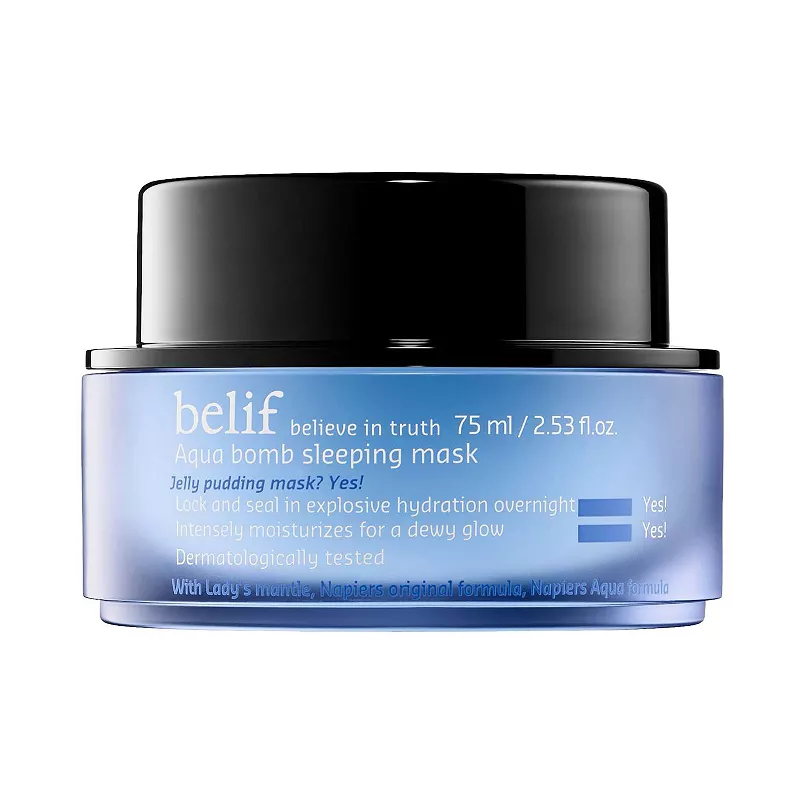Are you in search of a perfume that embodies femininity in all its facets, leaving a timeless and modern impression? Look no further than True Amore by Zara, an exquisite eau de parfum designed to captivate and enchant. Priced at a reasonable $35.90 for 100 ml (3.4 fl. oz.), exudes overflowing femininity through its floral accords, delicately balanced with vetiver and frankincense.
True Amore: A Fragrance Journey

True Amore is a celebration of the elegant and warm essences of femininity. The olfactory experience begins with refreshing notes of grapefruit, which awaken the senses and set the stage for the journey that unfolds. The heart of this fragrance blossoms with the sweet, delicate aroma of roses, adding a romantic and floral dimension. The vetiver and frankincense base notes bring depth and sophistication to the composition, leaving a lasting, hypnotic trail.







